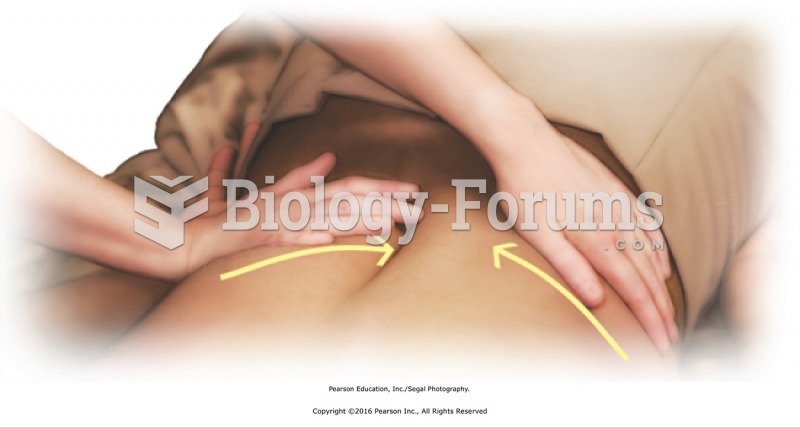|
|
|
The first-known contraceptive was crocodile dung, used in Egypt in 2000 BC. Condoms were also reportedly used, made of animal bladders or intestines.
Patients who cannot swallow may receive nutrition via a parenteral route—usually, a catheter is inserted through the chest into a large vein going into the heart.
Human stomach acid is strong enough to dissolve small pieces of metal such as razor blades or staples.
Certain topical medications such as clotrimazole and betamethasone are not approved for use in children younger than 12 years of age. They must be used very cautiously, as directed by a doctor, to treat any child. Children have a much greater response to topical steroid medications.
Common abbreviations that cause medication errors include U (unit), mg (milligram), QD (every day), SC (subcutaneous), TIW (three times per week), D/C (discharge or discontinue), HS (at bedtime or "hours of sleep"), cc (cubic centimeters), and AU (each ear).
 ABO and Rh grouping using gelatin centrifugation. The blood sample above is AB negative as indicated ...
ABO and Rh grouping using gelatin centrifugation. The blood sample above is AB negative as indicated ...
 Reconnect the lower and upper back with horizontal stroking from lower back to shoulders. Keep flat, ...
Reconnect the lower and upper back with horizontal stroking from lower back to shoulders. Keep flat, ...




